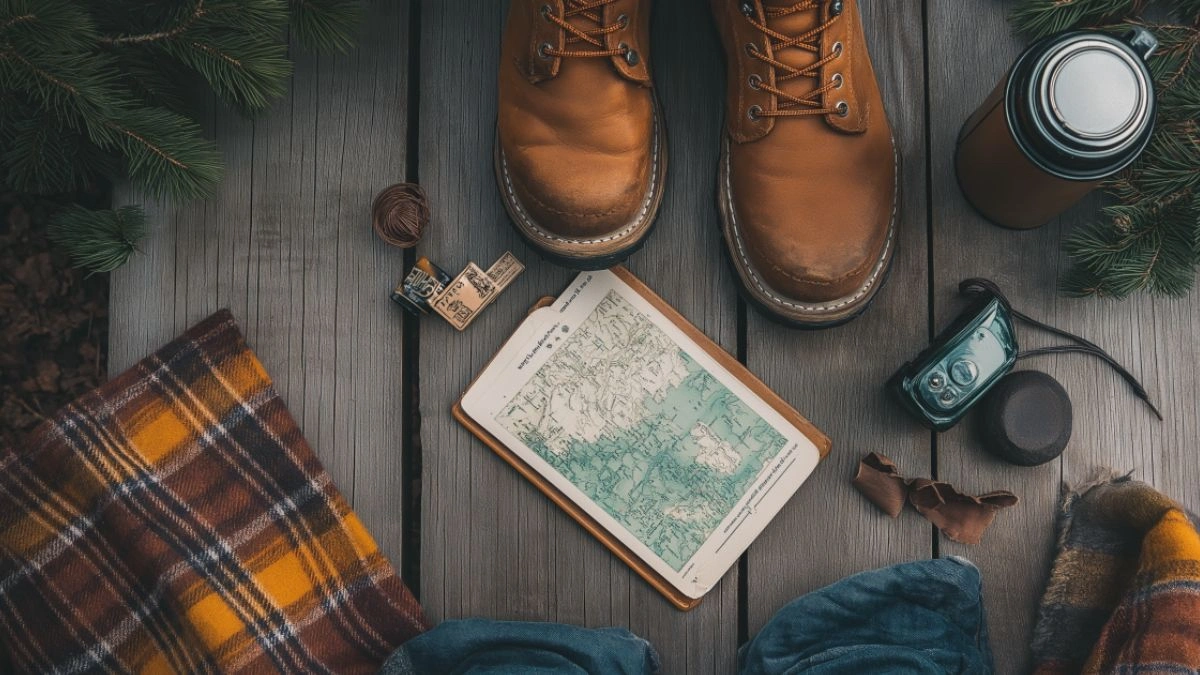Discover the Enchanting Redwood Forest: Tips for First-Time Visitors
Table of Contents
Imagine standing beneath trees so tall they touch the clouds, their ancient trunks wide enough to drive through. The Redwood Forest is one of nature’s most breathtaking sanctuaries—home to the tallest trees on Earth and a deep, mossy silence that wraps you in awe. Whether you’re craving stillness, adventure, or simply a walk in a different world, this iconic escape offers it all.
First-time visitors are often stunned by the sheer scale and peaceful energy of the redwoods, but without a little planning, it’s easy to miss out on some of the forest’s hidden gems. This guide was crafted for you—the first-time explorer who wants to do more than just look up in wonder. Here, you’ll find detailed tips on where to go, what to bring, how to stay safe, and how to make the most of your journey through these enchanted woods.
From scenic drives to misty hikes and practical checklists, we’ll help you arrive prepared and leave transformed. Let’s begin your journey into the Redwood Forest—one of the last magical frontiers in the natural world.
Choosing the Best Redwood Park for Your Adventure
California is home to several groves of redwoods, and each offers a different kind of experience. Knowing where to go will set the tone for your trip.
Redwood National and State Parks (in Northern California) are often mistaken for one single destination, but they’re actually a network of parks: Prairie Creek Redwoods, Jedediah Smith Redwoods, Del Norte Coast Redwoods, and the National Park itself.
Meanwhile, Muir Woods (just north of San Francisco) offers easier access for city travelers but comes with more crowds.
Table: Redwood Forest Park Comparison
| Park Name | Best For | Crowds | Unique Feature |
|---|---|---|---|
| Prairie Creek Redwoods | Elk sightings, scenic drives | Low | Fern Canyon trail |
| Jedediah Smith Redwoods | Old-growth forest experience | Medium | Dense trails with massive redwoods |
| Muir Woods | Accessibility | High | Close to San Francisco, boardwalk trails |
| Del Norte Coast Redwoods | Coastal redwood scenery | Low | Ocean and forest vistas |
What to Pack for a Redwood Forest Trip
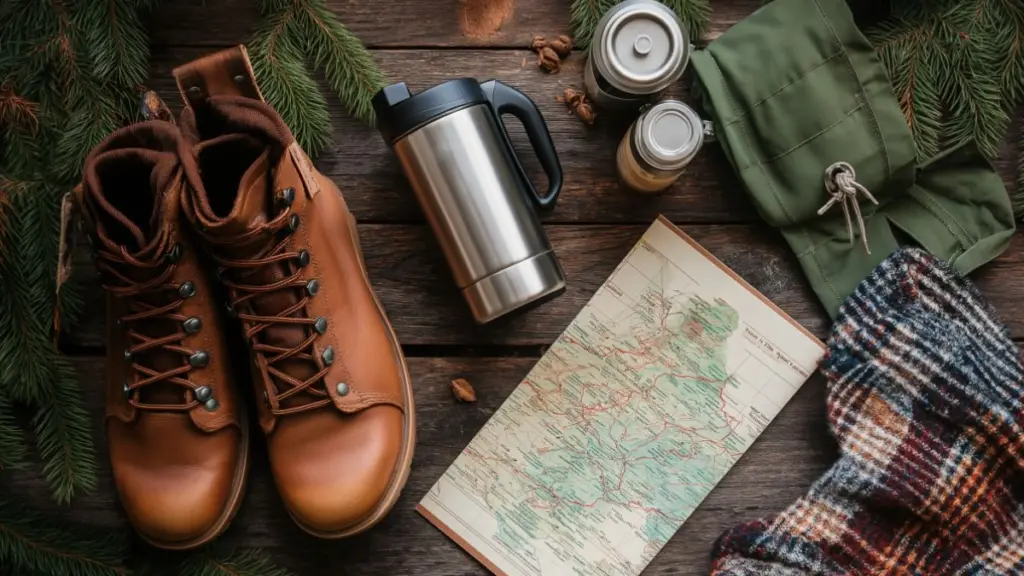
Packing well ensures a safe and enjoyable visit—especially when you’re hours away from the nearest shop.
Bring layers. The coastal redwood forests are typically cool and damp, even in summer. Waterproof gear is a must, as fog and sudden rain are common.
Food, water, and bug spray should be in your daypack. Cell service is limited in many areas, so download maps in advance and consider a portable battery charger.
Checklist: Redwood Forest Packing Essentials
| Item | Why It Matters |
|---|---|
| Waterproof hiking shoes | Trails can be muddy and uneven |
| Layered clothing | Temperatures fluctuate throughout day |
| Snacks and water | Few amenities in remote park areas |
| Insect repellent | Especially in fern-covered trails |
| Offline trail map | Spotty reception in the forest |
| Binoculars | Great for spotting birds or elk |
Scenic Drives Through the Redwood Forest
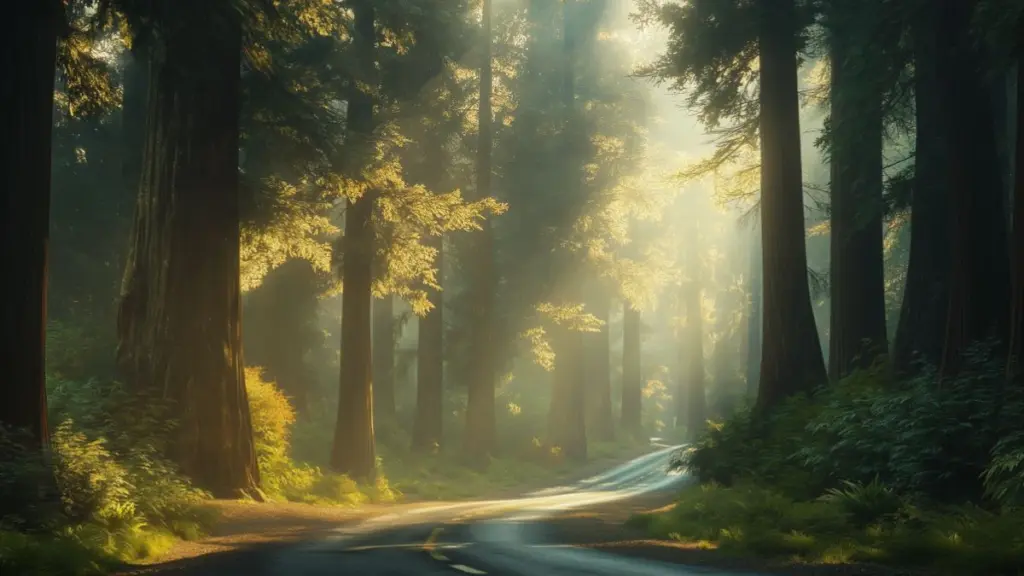
If hiking isn’t your thing—or you just want to see as much as possible—scenic drives are the perfect alternative.
One of the most iconic is the Avenue of the Giants, a 31-mile stretch running parallel to Highway 101. It winds through Humboldt Redwoods State Park and offers multiple pull-outs, picnic spots, and drive-through trees.
For a lesser-known but equally stunning drive, take the Newton B. Drury Scenic Parkway in Prairie Creek Redwoods. You’ll pass through lush groves where the trees crowd the sky and the road narrows with magical intimacy.
Table: Top Redwood Scenic Routes
| Route Name | Length | Highlight Feature |
|---|---|---|
| Avenue of the Giants | 31 miles | Drive-through tree and ancient groves |
| Newton B. Drury Parkway | 10 miles | Elk crossings, roadside trails |
| Howland Hill Road | 10 miles | Rugged dirt road through Jedediah Smith |
Best Redwood Forest Hikes for Beginners
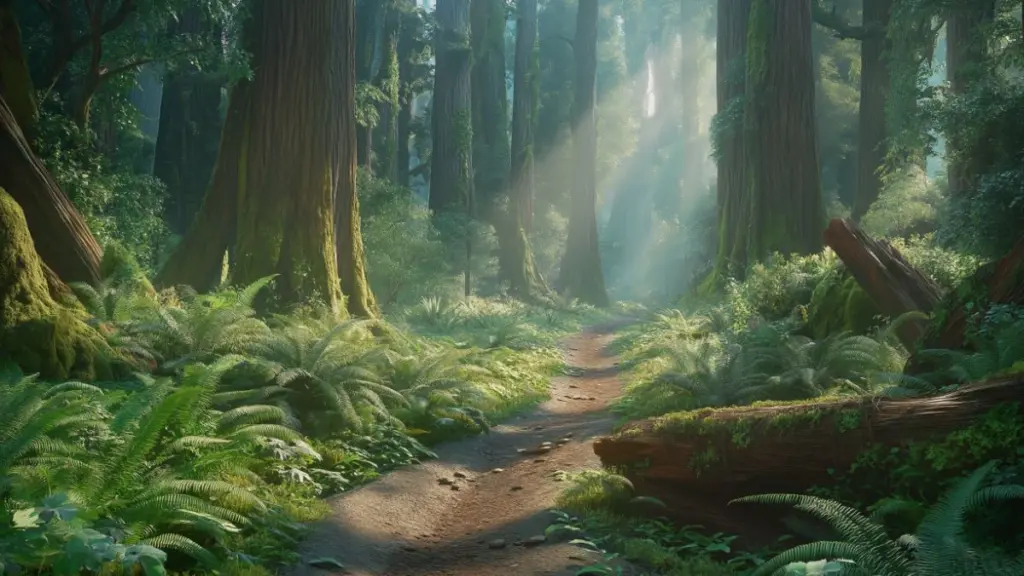
Even if you’re new to hiking, there are several beginner-friendly trails that allow you to experience the majesty of the redwoods without overexertion.
Lady Bird Johnson Grove Trail is a popular 1.5-mile loop featuring interpretive signs and easy terrain. The Stout Grove Trail in Jedediah Smith is another favorite, offering a short loop that feels like a scene from a fairytale.
Trails are well-marked, and many offer benches or viewing decks for rest.
Trail Guide: Beginner-Friendly Hikes
| Trail Name | Location | Distance | Difficulty |
|---|---|---|---|
| Lady Bird Johnson Grove | Redwood National Park | 1.5 miles | Easy |
| Stout Grove Trail | Jedediah Smith Redwoods | 0.6 miles | Easy |
| Fern Canyon Loop | Prairie Creek Redwoods | 1.1 miles | Moderate |
Staying Safe in the Redwood Forest
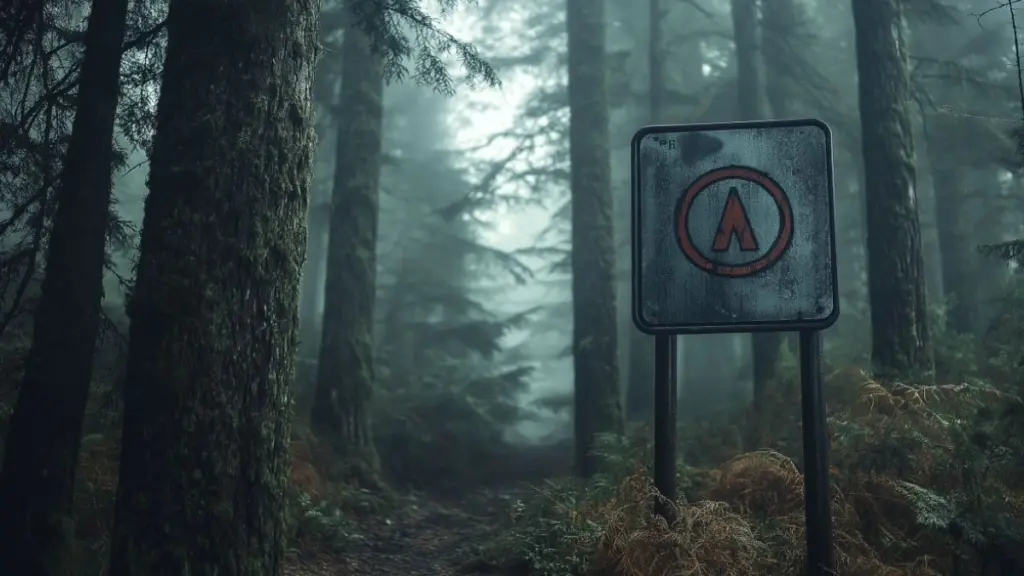
Nature is stunning, but it’s also unpredictable. The redwood forest may seem serene, but preparedness is key.
Always tell someone where you’re going, especially for longer hikes. Stick to marked trails to avoid getting lost, and be mindful of falling branches, especially on windy days.
Wildlife like elk and black bears are rare but possible—never approach or feed them. Carry a basic first aid kit and avoid hiking alone at dusk.
Table: Redwood Safety Reminders
| Tip | Why It’s Important |
|---|---|
| Stay on trails | Prevents getting lost, protects habitat |
| Pack bear-proof food bags | Protects food and local wildlife |
| Avoid hiking at night | Forest gets dark quickly, risky terrain |
| Check park alerts | Weather and closures can shift daily |
Where to Stay Near the Redwood Forest
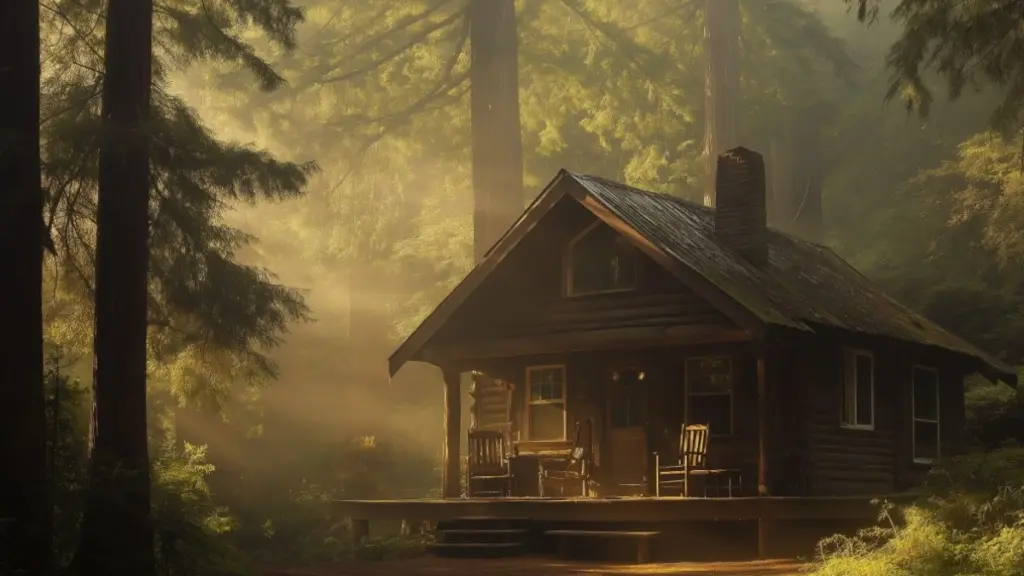
Whether you prefer rustic camping or a cozy cabin, the redwood region offers a range of accommodation options. Planning your stay in advance is especially crucial during peak travel months (June–August).
For camping lovers, Gold Bluffs Beach Campground provides the best of both worlds: forest and ocean views, plus direct access to Fern Canyon. For more comfort, look into vacation rentals in Trinidad or Crescent City—both offer charming coastal vibes and quick access to nearby trails.
If you want a hotel stay, the town of Eureka has options ranging from boutique inns to budget chains. And for an off-grid experience, the Hipcamp and Tentrr platforms list private campgrounds tucked deep within redwood groves.
Accommodation Options Overview
| Type | Location | Best For |
|---|---|---|
| Beach Campground | Gold Bluffs Beach | Oceanfront forest camping |
| Cozy Cabin | Trinidad | Comfort + nature proximity |
| Hotel | Eureka | Central base for day trips |
| Glamping Site | Private redwood lands | Unique and private stays |
Seasonal Tips for Visiting the Redwoods
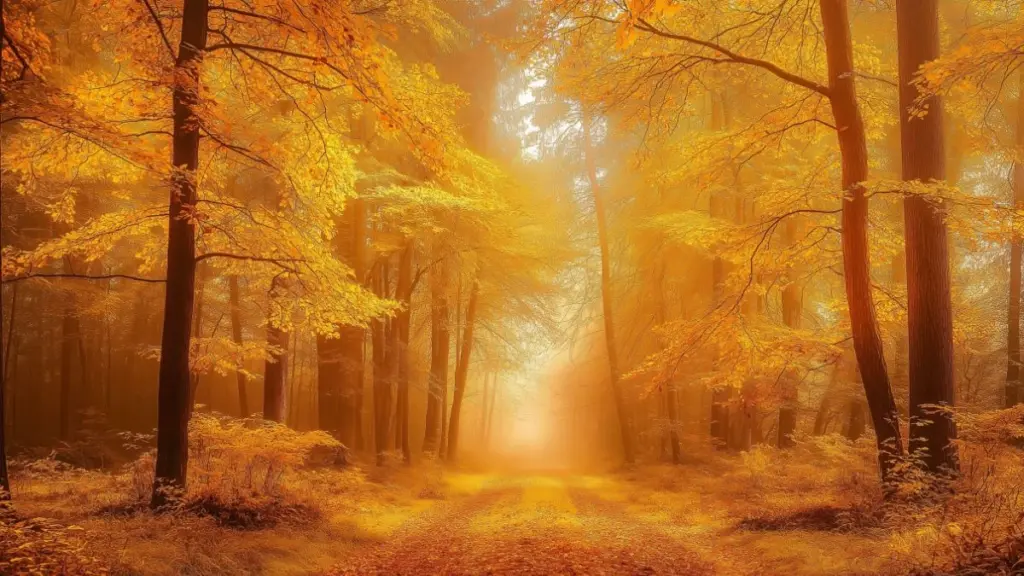
The Redwood Forest is open year-round, but each season offers a different experience.
Spring brings lush green growth and fewer crowds. This is the best time for wildflowers and elk sightings. Expect cool, damp mornings and clearer afternoons.
Summer is peak season. Trails are drier and days longer, but crowds increase—especially at Muir Woods. Book accommodations early and hike early to avoid midday foot traffic.
Fall offers peace and quiet, along with rich golden hues filtering through the canopy. This is a photographer’s dream, though some trails may be slippery from early rains.
Winter is the quietest season. While rain is common, there’s a deep stillness that enhances the magic. It’s the perfect time for reflection and solitude among the giants.
Table: Visiting Tips by Season
| Season | Pros | Cons |
|---|---|---|
| Spring | Fewer visitors, wildflowers | Muddy trails |
| Summer | Longer days, dry paths | Crowds, higher prices |
| Fall | Quiet trails, stunning light | Rain may begin early |
| Winter | Peaceful, magical solitude | Cold, wet, fewer open roads |
Conclusion
Visiting the Redwood Forest isn’t just a trip—it’s an encounter with time, silence, and grandeur. These towering trees have stood for thousands of years, and their presence has a way of grounding you, making the worries of modern life feel small in the best possible way.
With a little preparation and the tips in this guide, you’ll be ready to immerse yourself fully—whether you’re walking among giants, resting beneath their canopies, or simply watching the mist curl around mossy trunks. Your first visit to the Redwood Forest won’t be your last. It’s the kind of place that calls you back.

